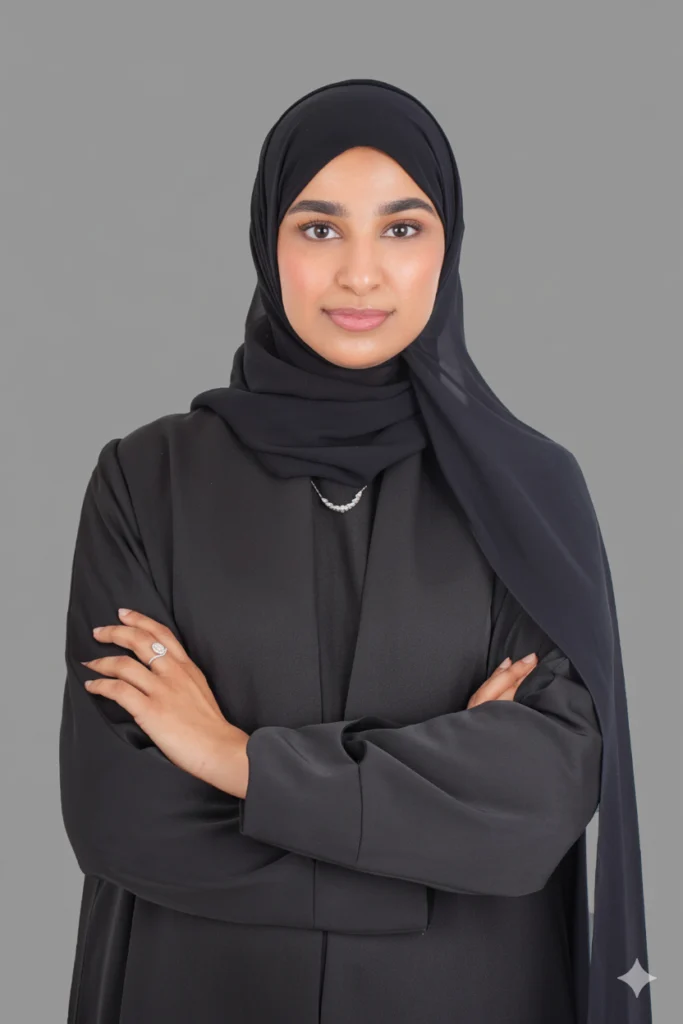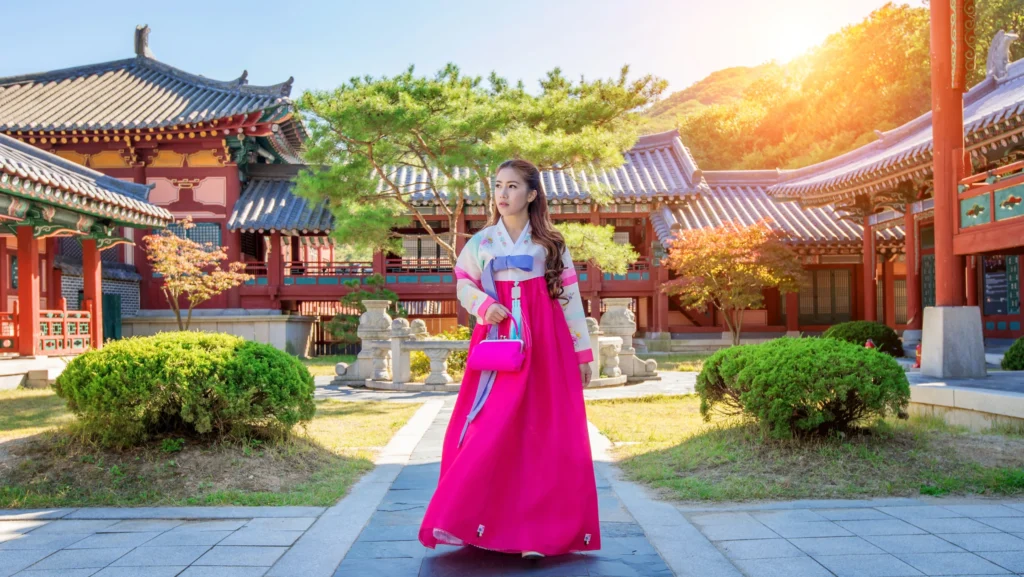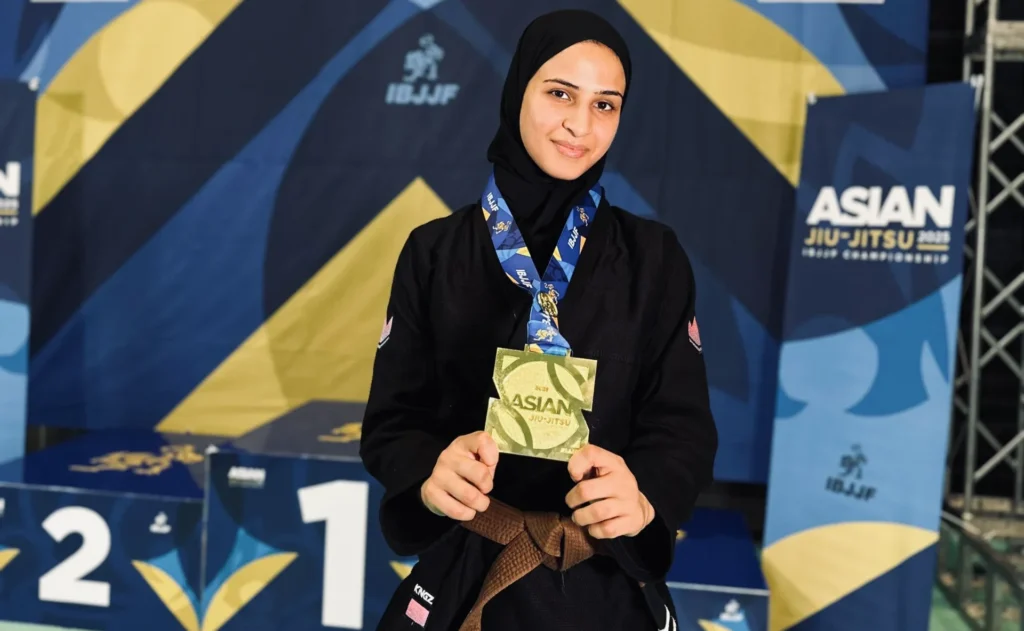Redefining Representation, Mariam Mohamed, An Emirati Voice On The Global Miss Universe Stage
Redefining Representation, Mariam Mohamed, An Emirati Voice On The Global Miss Universe Stage By Sidra Asif Making history as the first Emirati woman to represent the United Arab Emirates at Miss Universe 2025, Mariam Mohamed embodies a moment of profound pride, purpose, and possibility. For Mariam, this achievement is not merely the fulfillment of a personal dream but the beginning of a larger responsibility to her community and her nation. Standing on one of the world’s most visible stages means carrying her values, her culture, and her aspirations with intention and grace. She sees this milestone as an opportunity to uplift others, especially young women, reminding them that their ambitions are valid, achievable, and worth pursuing. Beyond the crown and the spotlight, Mariam is eager to showcase the UAE’s extraordinary creative talent, from designers to artisans, and to share the beauty, innovation, and cultural richness of her country with a global audience. Mariam’s journey is shaped by a rare blend of disciplines. With an academic foundation in Economics from the University of Sydney and ongoing fashion studies at ESMOD Dubai, she seamlessly bridges analytical thinking with creative expression. Economics fuels her curiosity about how the world works and how systems can be improved, while fashion provides her artistic outlet and lifelong passion. Together, these worlds inform her approach to leadership and advocacy. Mariam envisions building a fashion business rooted not only in creativity but also in impact, one that gives back through charity, empowers others, addresses abuse in all forms, including online harassment, and contributes to reducing global poverty. As a self-described voice for Emirati women, Mariam is determined to challenge outdated perceptions. On the Miss Universe stage, she wants the world to see Emirati women as strong, ambitious, educated, creative, and deeply grounded in their values. She represents a generation that is modern and forward-thinking while remaining proudly connected to its cultural identity. Her message is clear: women can lead, innovate, and dream boldly without losing sight of who they are. Emirati women support one another, uplift their communities, and excel across education, business, fashion, and humanitarian work. Mariam’s sense of identity is deeply rooted in traditional Emirati pastimes such as falconry and camel riding. These experiences connect her to her heritage and instill values of patience, discipline, resilience, and respect for nature. Rather than seeing these traditions as relics of the past, she embraces them as sources of strength in global spaces, providing clarity about where she comes from and grounding her presence on international stages. This connection to heritage is powerfully expressed through her introductory Miss Universe costume, inspired by the falcon. A symbol of courage, freedom, and pride, the falcon reflects the spirit Mariam hopes to embody and project. Through this design, she sought to portray Emirati women as fearless, ambitious, and deeply proud of their culture. It also serves as a modern artistic celebration of her passion for falconry. Like the falcon, Mariam believes that success requires movement and courage. Dreams can only be reached when one dares to fly rather than remain still. Sustainability is another key pillar of Mariam’s advocacy, particularly within the fashion industry. She views the UAE as a leader in shaping a future where innovation and environmental responsibility go hand in hand. From sustainable materials to supporting local artisans, she believes the region has the potential to redefine responsible fashion. Her ambition is to collaborate with brands and designers to create collections that are glamorous yet ethical, creative yet community-focused. Through her platform, she also aims to spotlight local designers internationally, champion Arab fashion, and show that Arab women can thrive and lead in the global fashion industry. Mariam’s vision extends beyond fashion into tangible social impact. As her Miss Universe journey unfolds, she hopes to launch a business that celebrates Arab creativity while directing a portion of its profits toward charitable causes, particularly those addressing poverty and supporting women in developing communities. She is also committed to using her platform to advocate for kindness, self-confidence, and digital safety. Having witnessed the harm caused by cyberbullying, Mariam aspires to help create online spaces that inspire people to uplift one another rather than tear each other down. Balancing modern ambition with cultural heritage comes naturally to Mariam, as both are integral to her identity. Raised with values such as respect, generosity, and pride in her roots, she carries these principles into every aspect of her life. At the same time, the UAE’s culture of ambition has taught her that dreaming big is something to embrace, not suppress. For Mariam, tradition provides strength while ambition offers direction, together shaping the woman she is becoming. As she prepares to stand alongside contestants from more than 130 countries, Mariam believes the most resonant part of her story is her personal growth. Choosing to rise above challenges, find her voice, and build confidence from within has defined her journey. Her message to a global audience is one of courage and self belief. Confidence begins when you stop listening to negativity and start trusting yourself. Dreams, she believes, do come true when pursued with determination, authenticity, and heart. Looking beyond Miss Universe 2025, the legacy Mariam hopes to leave is rooted in kindness, empowerment, and unity. She wants future pageant hopefuls in the UAE and young Arab women everywhere to know that success does not require fitting into a stereotype or changing who you are. As a natural introvert, she has proven that courage is not about being loud, but about believing in yourself and stepping outside your comfort zone when it matters. Her message is simple yet powerful. Stand tall, be yourself, protect your confidence, and never allow anyone to diminish your worth. Uniqueness is not something to hide. It is something to celebrate, because it is what makes every woman truly special.







